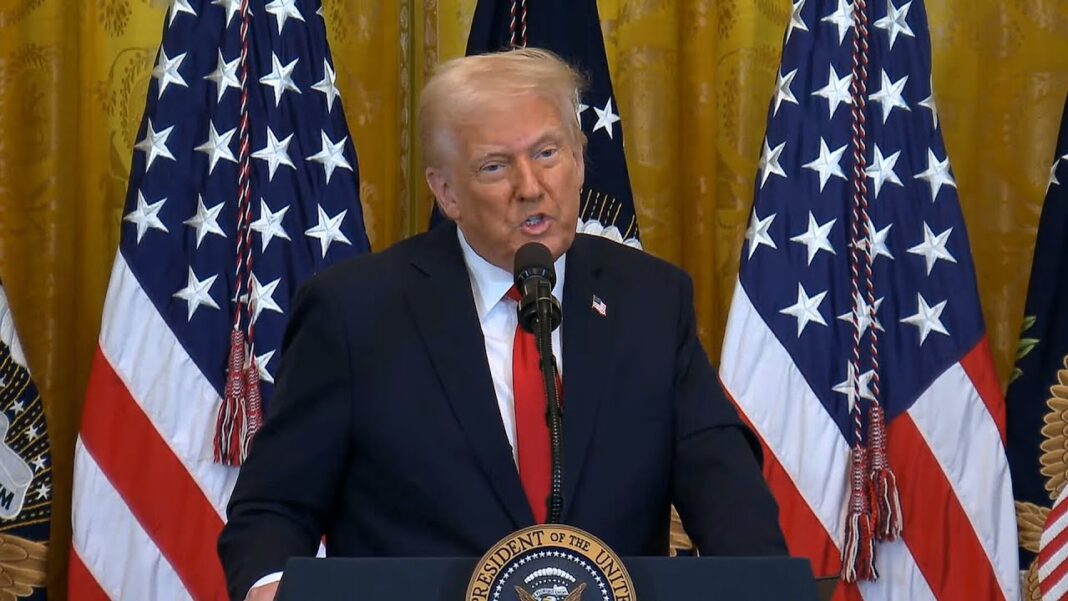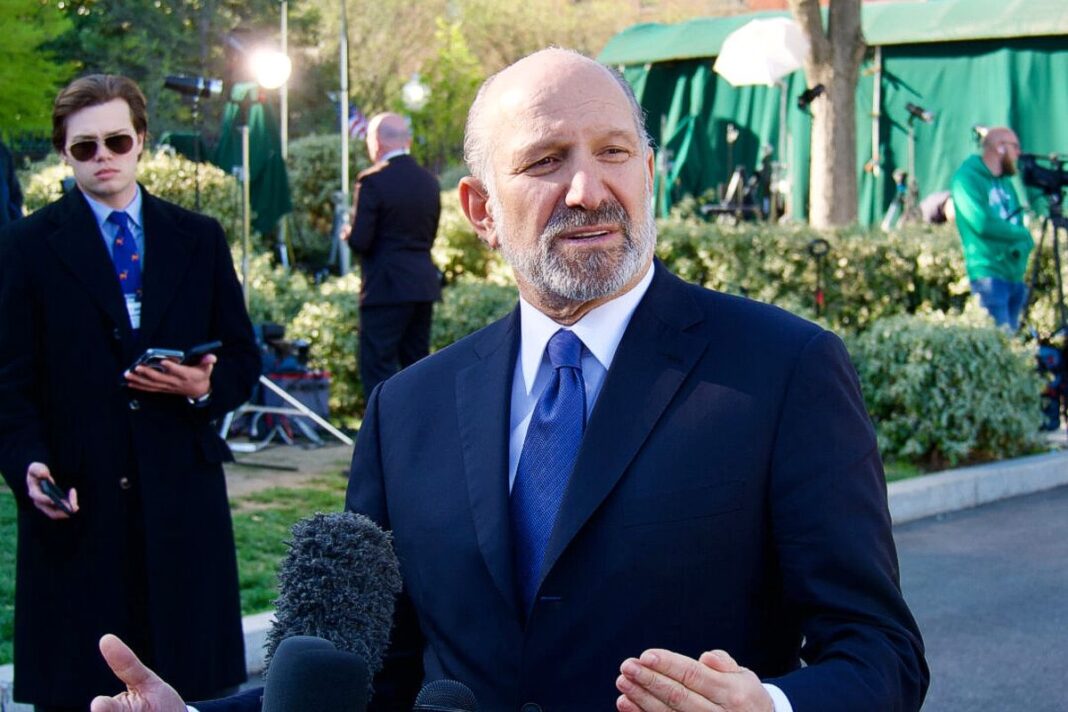The White House has confirmed that tariff exemptions for automakers are being considered, amid concerns over their economic impact.
President Donald Trump is considering potential tariff exemptions for automakers, a White House official confirmed to The Epoch Times on April 23, following weeks of intense lobbying by industry leaders warning of disruptions to supply chains and rising consumer costs.
Although the official did not provide specifics, the confirmation comes as automakers and suppliers voice growing concerns over the Trump administration’s 25 percent tariff on imported passenger vehicles and light trucks—effective April 3—and a similar 25 percent tariff on auto parts set to take effect by May 3.
The Alliance for Automotive Innovation, which represents nearly all major automakers, has been a leading voice in the pushback. In an earlier public statement, Alliance President and CEO John Bozzella warned that the new tariffs would ripple across the U.S. economy.
“Automaking is America’s largest manufacturing sector,” Bozzella said. “Automakers, battery makers, and parts suppliers have invested billions in American manufacturing and directly support communities and American workers in Michigan, Tennessee, South Carolina, Alabama, Mississippi, Kentucky, Ohio, West Virginia, Texas, Indiana, Illinois, Missouri, Georgia, New York, and more.”
He said that higher tariffs would raise costs for consumers, reduce U.S. auto exports, and lower vehicle sales—“all before any new manufacturing or jobs are created in this country.”
The Alliance and other industry groups also warned in an April 21 letter to administration officials that many auto suppliers remain financially vulnerable. “Most auto suppliers are not capitalized for an abrupt tariff-induced disruption,” the letter stated. “Many are already in distress and will face production stoppages, layoffs, and bankruptcy.”
Trump has said the tariffs are a necessary tool to incentivize domestic production and address what he said were decades of unfair foreign trade practices. The administration has said that the policy is aimed at reversing the offshoring of automotive manufacturing and reviving industrial capacity at home.
Over the years, U.S. automakers have developed deeply integrated cross-border supply chains to lower costs. According to the Canadian Vehicle Manufacturers’ Association, a single auto part can cross the U.S.-Canada border as many as eight times before final assembly.
By Tom Ozimek






